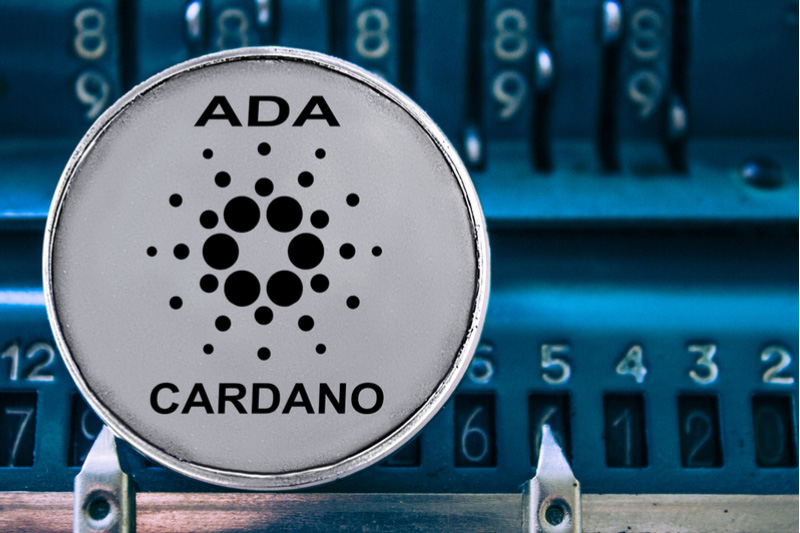Charles Hoskinson, the co-founder of the Cardano blockchain platform, has criticized the U.S. government for adding Tornado Cash, a mixer to obfuscate the origins and destinations of crypto currency transactions, to the list of individuals and entities blacklisted for violating sanctions.
Recently, Tornado Cash, a decentralized protocol for private transactions on Ethereum, was pulled up by the government for facilitating the laundering of over $7 billion in digital assets.
In a video released by Hoskinson, he said that the U.S. government is asserting that software developers are accountable for how their software is used regardless of whether they can control that or not, which is an extremely dangerous precedent.
Hoskinson said, “The protocol in developer understanding that we have as developers is that when we write code, it’s an expression. As long as we don’t get involved in the running and use of that code for purposes, we’re just writing it, it’s like writing a book.”
Tornado Cash “Just Wrote The Code”
“So, for example, you could write a book saying ‘here’s how you make cyanide’ [or] ‘Here’s how you build a bomb,’ these types of things, and for the most part, that’s just words. You’re not telling people to go do this,” he said. “Now, in a free society, we generally allow people to do these types of things, and it’s deeply uncomfortable when they start saying no.”
Giving another example, he said, “if you want to go really far in the extreme, the Linux kernel developers are creating the kernel of an operating system. North Korea could take that kernel, build a proprietary operating system and use that to be an operating system of an ICBM (Intercontinental Ballistic Missile).” He continued, “So hypothetically, you could say the maintainers of the Linux kernel are contributing to the nuclear weapons program of North Korea. You could say that if you wanted to.” “So obviously, that’s absurd,” Hoskinson concluded. “But the problem is that the same legal structure that would allow you to infer blame onto the Tornado Cash developer if they weren’t involved in the use and operation of the system. They just wrote the code that could technically be used this way.”
On the Flipside
- Industry leaders are developing policies that can advance the preservation of openness and privacy on blockchains and modernize the approach to mapping financial integrity to the technical realities of privacy-preserving public internet protocols.
Why You Should Care
Jack Niewold, the founder of Crypto Pragmatist, an email newsletter on the narratives and assets shaping crypto, said that “the attack on Tornado Cash is an attack on digital freedom.”
Similar Stories on DailyCoin:
Kevin O’Leary Says Tornado Cash Sanction Is a Worthy Price to Pay for Institutional Adoption
